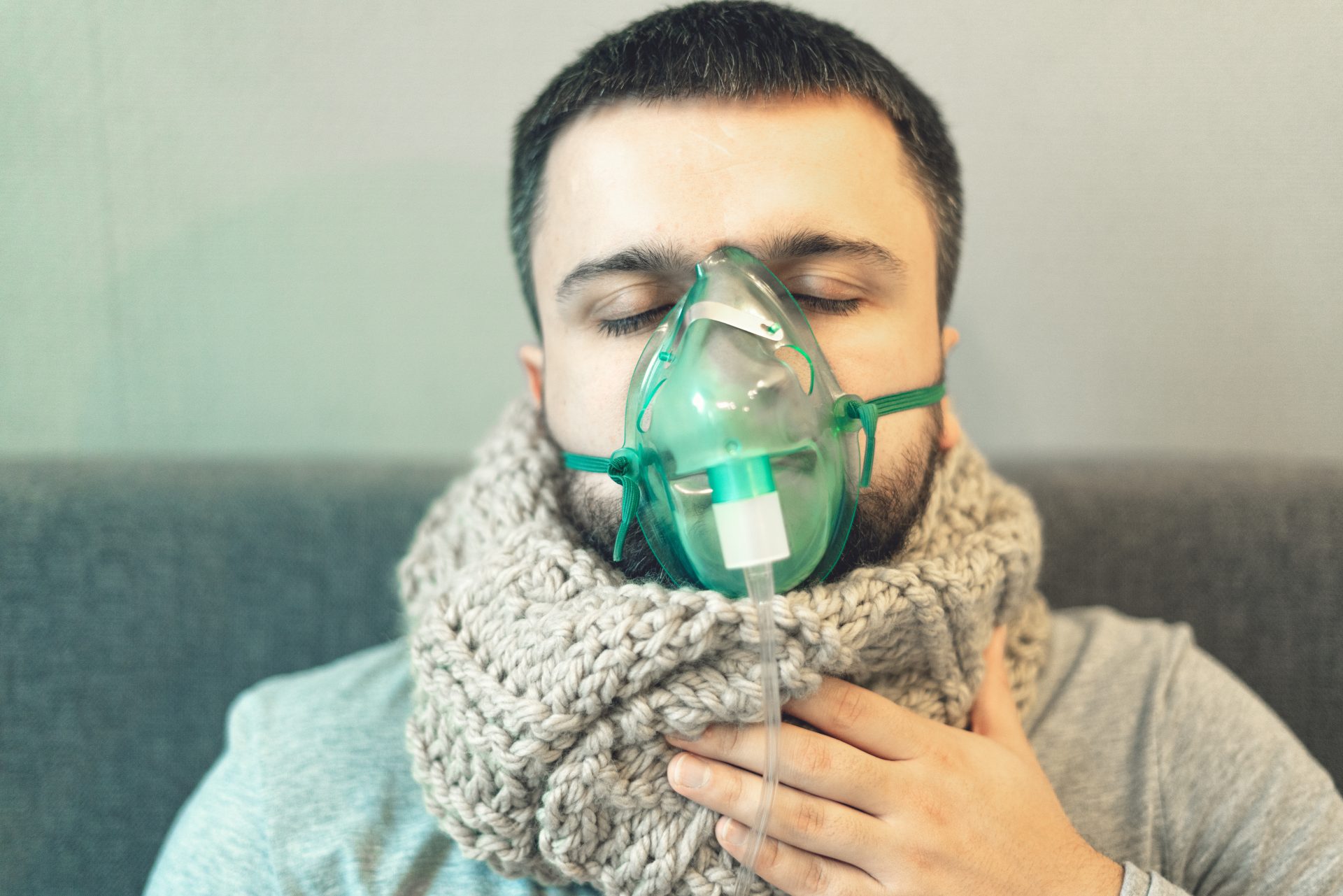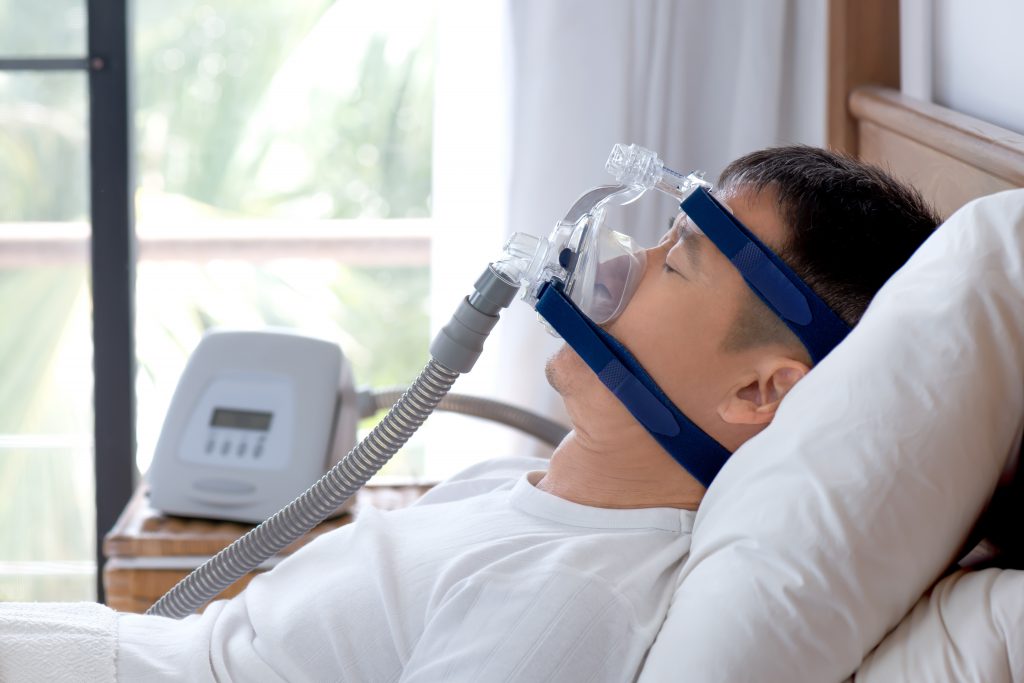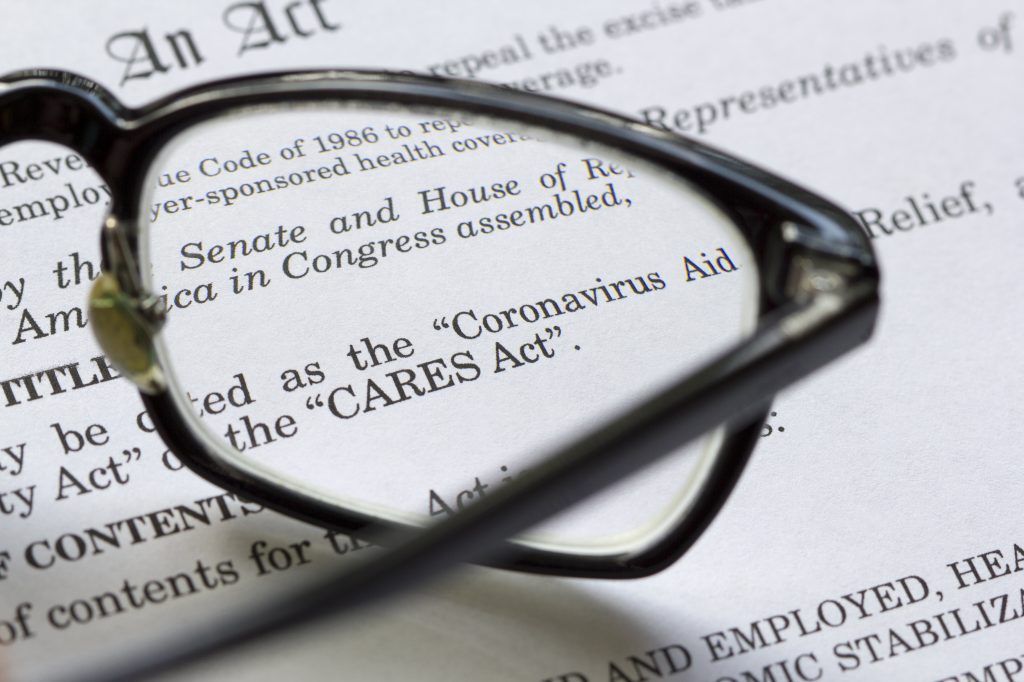
Volume 7 Issue 11, June 9, 2020
by Miriam Lieber
While home medical equipment (HME) providers are well-recognized for adapting to change, especially as insurance companies shift requirements and the healthcare industry matures, what happened with COVID-19 blindsided everyone. Planning and projections went out the window. Now, we're trying to settle into a "new normal" that keeps changing.
As an industry laden with third-party regulations and scrutiny, juxtaposed with evolving new technology and products, home medical equipment dealers are adept at shifting objectives. Knowing how to cope amid change has truly been the biggest asset for most HME providers during these crazy times.
By virtually meeting with many companies throughout this pandemic, I am hearing about silver linings that have made it possible for home medical equipment businesses to flourish beyond expectation.

As hospitals are seeking ways to free up beds for COVID-19 patients, home medical equipment companies are stepping up.A surge on ventilators and oxygen with less supply than demand has been a caveat, but for those companies who have worked around this, they are seeing an influx of new business.
"We have been a thankless industry until now when suddenly we are so desperately needed, especially in New York," said one home medical equipment provider I spoke with. He went on to say, "It feels like we can help to prevent the spreading of the virus more rampantly by keeping people at home who would otherwise take up scarce hospital bed space."
This type of banter is something home medical equipment providers should be feeding to local news stations and other media. Some providers successfully invited the press to come out to their facilities, especially at the beginning of the lockdown. Getting this notice means HME providers can become the "thankless-until-now" companies that are risking their own safety to be on the front line — often without personal protective equipment.

As an industry bracing for and hoping to withstand the pressures of yet another round of competitive bidding, having non-invasive ventilators (NIVs) pulled from the competitive bidding program is a welcome relief for companies doing business in this area. This is hopefully a sign that more relief is yet to come.
By continuing to operate under a fee-for-service payment model, businesses can plan and provide non-invasive ventilators in ways that were restricted under competitive bidding. "This is definitely a big one for the industry," stated one large respiratory home medical equipment business.
After speaking with many home medical equipment company leaders, the majority indicated that staff productivity was better than ever with employees working remotely, especially for billing teams. While this approach was not universally successful, most leaders said their staff experienced fewer interruptions and were better focused on their key job functions when working from home.
To create more of a community and connection, many home medical equipment companies have been using instant messaging systems (e.g., Jabber, Slack) to share ideas and answer questions. They also hold more regular meetings; Zoom and Google Meetings have provided great forums for face-to face-contact and good substitutes for in-person meetings. Tracking productivity and trending outcomes illustrates what works and what does not and provides the necessary tools for tweaking goals.

In addition to improved productivity, the financial relief provided by the Coronavirus Aid, Relief, and Economic Security (CARES) Act and other laws intended to address the economic fallout from the health crisis have made it possible for some companies to stay in business. (Note: Read the fine lines about what information you need to provide in exchange for money as there are restrictions.) Moreover, the Centers for Medicare & Medicaid Services (CMS), state Medicaid payers, and now some commercial payers have been loosening the medical necessity/qualification requirements to ensure patients receive the products they need in a timely manner. Furthermore, they have also loosened the requirements for obtaining a provider number.
While the monetary support and easing of regulatory burdens are welcome reprieves in most respects, it is important that we take advantage of the opportunity to shine in the current limelight. We should continue to tout our best side — the side that takes extra care of our communities and patients who need our services most. Hopefully we can stop or at least greatly limit the efforts of fraudulent providers to step foot back into our industry.
Regardless, when the pandemic is over, expect to see a resurgence of audits. While CMS may have put a temporary hold on audits, that does n0t mean you should stop caring about order integrity. Continue to ensure a patient meets basic medical necessity requirements and, when possible, obtain all of the documentation you can to uphold a future audit.
If you act responsibly and do your best to maintain integrity and best-in class-service, the home medical equipment industry will collectively shine now and for the foreseeable future. After all, we are an essential business and we will continue to prove that we are a viable, effective solution to helping keep patients at home, thus making sure there is room for those who most need to be in the acute care setting.
I am beyond grateful and proud of the home medical equipment industry and community to which I have belonged for several decades as it is one that always puts the patient's need above its own.
| Miriam Lieber, President, Lieber Consulting LLC is a business management consultant. She and her team offer on-site engagements to help improve operational efficiencies in the revenue cycle. They also offer remote coaching and mentoring for all levels of leadership. Miriam can be reached at miriam@lieberconsulting.com. |

For over 20 years, Brad has held a number of significant executive positions including founding Lone Star Scooters, which offered medical equipment and franchise opportunities across the country, Lone Star Bio Medical, a diversified DME, pharmacy, health IT, and home health care company, and BMS Consulting, where he has provided strategic analysis and M+A intermediary services to executives in the healthcare industry. In addition, he is a regular columnist for HomeCare magazine and HME News, where he focuses on healthcare marketplace trends and innovative business strategies for the principals of healthcare companies. At VERTESS, Brad is a Managing Director and Partner with considerable expertise in HME/DME, home health care, hospice, pharmacy, medical devices, health IT, and related healthcare verticals in the US and internationally.